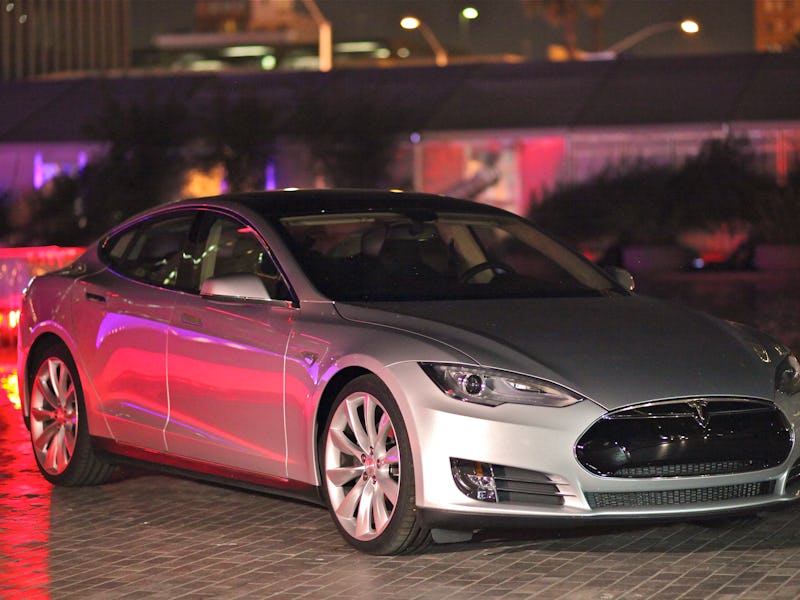Elon Musk Says Tesla Accidents May Result from 'Experienced User' Error

Elon Musk thinks the prevalent narrative is wrong. On Wednesday, the Tesla CEO updated analysts during the company’s first quarter 2018 earnings call on its progress, including a question from James J. Albertine from Consumer Edge Research on the semi-autonomous Autopilot mode. The feature has been in the news after a Model X crashed in March and killed 38-year-old Apple software engineer Wei “Walter” Huang.
“One of the common misimpressions is that when there is, say, a serious accident on Autopilot, people for some reason think that –- or some of the articles think that it’s because the driver thought the car was fully autonomous and it wasn’t, and we somehow misled them into thinking it was fully autonomous,” Musk told investors. “It is the opposite case. When there is a serious accident, almost always –- in fact, maybe always, the case that it is an experienced user and the issue is more one of complacency. Like, they get too used to it.”
Tesla Autopilot is sold as a feature that lets the computer drive in limited circumstances, but it also demands that the driver stays focused in case they need to take over. The company’s in-house sensor suite, which has shipped on cars since October 2016, uses a combination of cameras, radar, and ultrasonic sensors to perform maneuvers like drive along highways and follow local roads. It’s a stepping stone to a fully autonomous system, available for pre-order at $3,000, that will allow a user to drive from point-to-point without any intervention.
The March incident is not the first time Tesla Autopilot has come under fire. A Tesla Model S crashed into a trailer in June 2016, leading to intense debate around the feature. In April, a man was fined for leaving his Model S in Autopilot while he sat in the passenger seat. After Huang’s death, Tesla released a statement noting that people drove along that same stretch of road in Autopilot mode 85,000 times since 2015, and none of these led to a crash.
Musk, who expects to launch the full autonomy mode by the end of this year, decried journalists that paint Autopilot as less safer than manual driving as “really incredibly irresponsible […] because people might actually turn it off, and then die.”
The intense scrutiny around Autopilot is indicative of a wider attitude toward autonomous cars. Shashi Verma, chief technology officer at Transport for London, said in November 2017 that “the world is perfectly happy killing half a million people on the roads every year […] the first robot that kills a person will be a news story.”